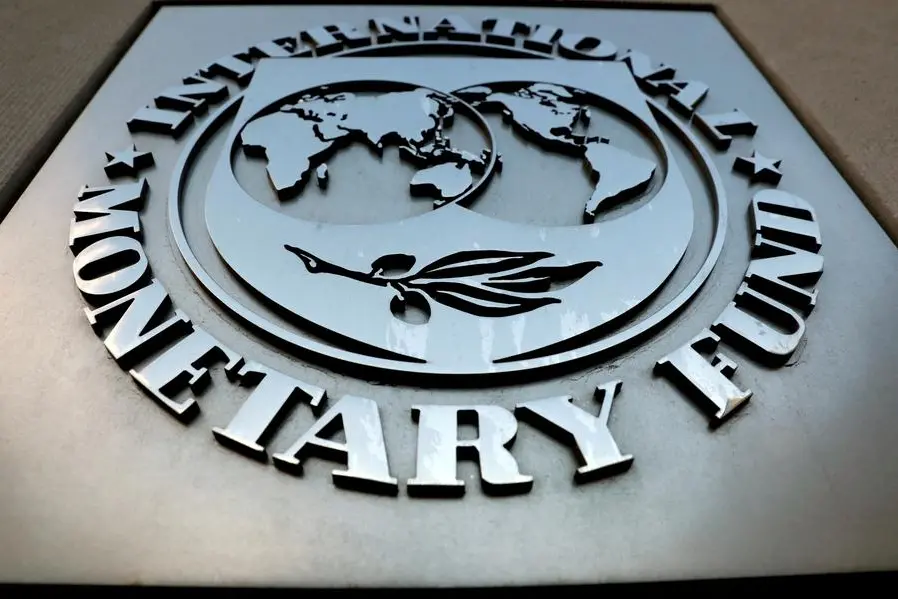PHOTO
Kenya and the Democratic Republic of Congo (DRC) are among the top beneficiaries of the latest wave of reforms at the Bretton Woods institutions, as they gain access to more concessional funding and get a reprieve in debt servicing costs.
As promised by World Bank president Ajay Banga during the group’s annual meetings held in Marrakesh, Morocco, last year, the multilateral lender has, in the past two weeks, announced a series of changes that will mostly benefit low-income and highly indebted African countries.
Last week, the International Monetary Fund (IMF), in a landmark announcement, relieved at least seven countries, among them Kenya, of paying surcharges by increasing the headroom for borrowing from its General Resources Account.
Surcharges are additional fees charged by IMF on loans that surpass a set threshold or repayment timelines. They are meant to disincentivise countries from over-relying on IMF funds by sticking to repayment timelines and borrowing quotas.
Previously, any country that borrowed more than 187.5 percent of their quota from the IMF had to pay surcharges of at least two percent in extra interest on the loans beyond the limit. In the latest reforms, this threshold has been increased to 300 percent of quota, significantly lowering debt servicing costs for six African countries.
IMF managing director Kristalina Georgieva said the reform will “lower IMF borrowing costs for members by 36 percent, or about $1.2 billion annually.” Most of the beneficiaries are sub-Saharan African countries.
Kenya, the only country in the region that has been paying surcharges, had just started this year, and has paid about $4.6 million in surcharges in three different transactions.
It is among the three countries in the region, alongside Burundi and South Sudan, that are at high risk of debt distress and the relief on debt servicing costs has come at a time when Nairobi is striving to cut borrowing amid rising interest rates.
This week, the IMF board approved yet another landmark reform that is set to benefit all the countries in the region, but mostly Kenya and the Democratic Republic of Congo, which are most reliant on the lender’s concessional funding facility Poverty Reduction and Growth Trust (PRGT).
In the latest reform, the lender will more than double the amount of funds available to $3.8 billion per year, to boost concessional lending to poor countries under the facility, which has growingly been overwhelmed following the Covid-19 pandemic shock on economies.
PRGT is IMF’s concessional funding facility to low-income countries, offering loans at zero interest rate, and is meant to help countries recover from economic shocks and to fund key development programmes.
There are 58 countries across the globe borrowing from the facility, including all eight from the East African Community, but Kenya and DRC are among the top three borrowers worldwide, indicating a higher reliance on the concessional facility.
DRC owes $2.1 billion to the PRGT account, the second-highest globally after Ghana, which owes $3.1 billion. Kenya is third leading borrower from the kitty, owing $1.6 billion as of September 2023.
Uganda and Tanzania are among the top 10 borrowers from the zero-interest facility, having borrowed $1.3 billion and $1.1 billion respectively.
Under the new changes, IMF will charge some interest for somewhat rich countries still relying on the facility and mobilise more resources from its other accounts and donors to open up more lending to poor nations reliant on the PRGT.
According to the global lender, demand for the concessional funds has nearly tripled after the pandemic, limiting funds accessible to the countries that need them the most. The increase is meant to boost access for the poorest of countries.
Economists argue that the reforms are welcome and were long overdue, but the Bretton Woods institution charged with ensuring global financial stability, should do more to help struggling African countries.“The surcharge policy reform is a welcome and long overdue reform that will save countries a lot of money,” said development economist Fadhel Kaboub, who is also a senior and author of the Global South Perspectives blog.“But it’s also important to recognise that this was an illegal, uncalled for and unnecessary charging of fees to already struggling countries and I think it’s important for the countries to push for reimbursement.
”According to Dr Kaboub, the increment of PRGT funds accessible by countries will only be beneficial depending on what the funds are used for.“Any financing that comes from the IMF can be used in one of two ways; either to reproduce the structural traps that the continent has struggled with for decades, or it can be used to help undo those traps,” he said.
To help countries in the region, he argued, newly unlocked resources should be channelled to development programmes like boosting agro-ecology and food production capacity.
© Copyright 2022 Nation Media Group. All Rights Reserved. Provided by SyndiGate Media Inc. (Syndigate.info).





















